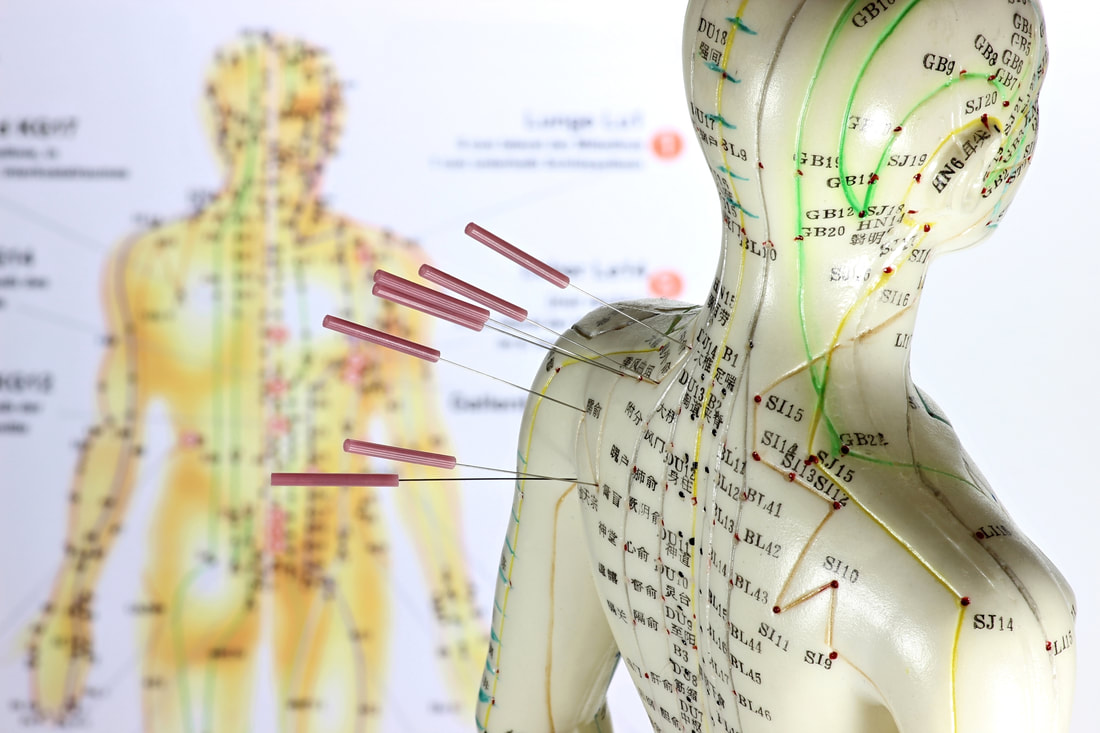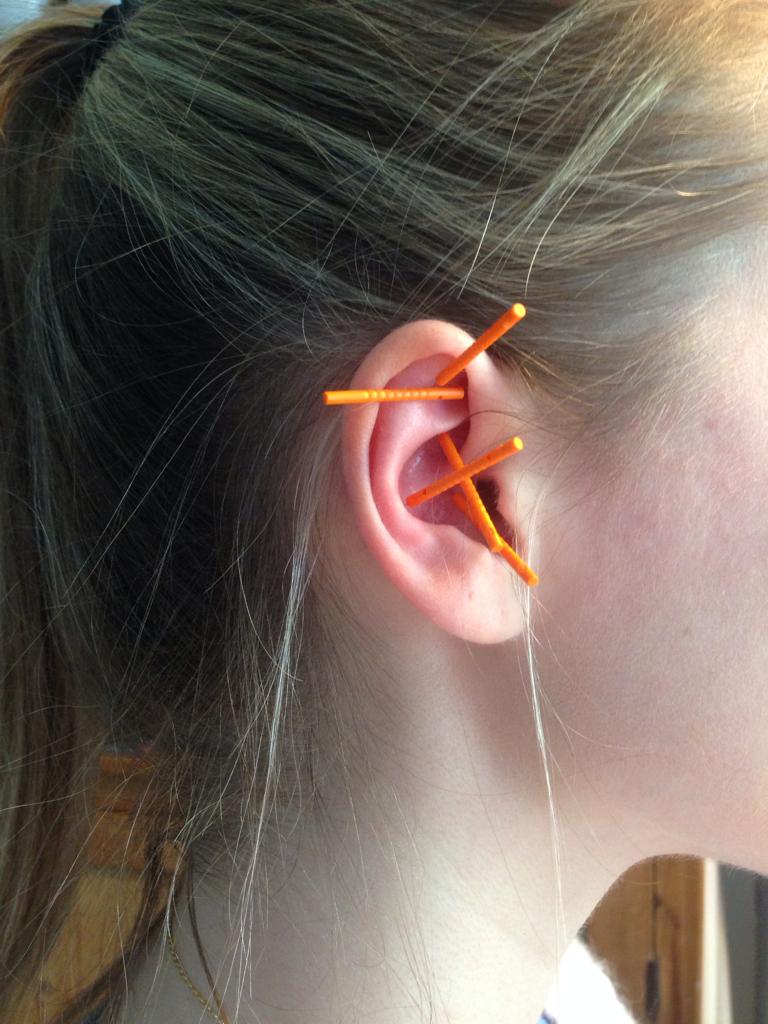Fibromyalgia: It’s good to see some quality research coming out on the treatment of this unpleasant and life-sapping condition.
1 Comment
Auricular (Ear) acupuncture is a respected micro-system within Traditional Chinese Acupuncture. It has a very long history indeed. The idea is that the ear houses literally dozens of tiny acupoints that can be needled to effect a positive change in a person’s mental and physical health. This was part of my original training in acupuncture.
|


 RSS Feed
RSS Feed